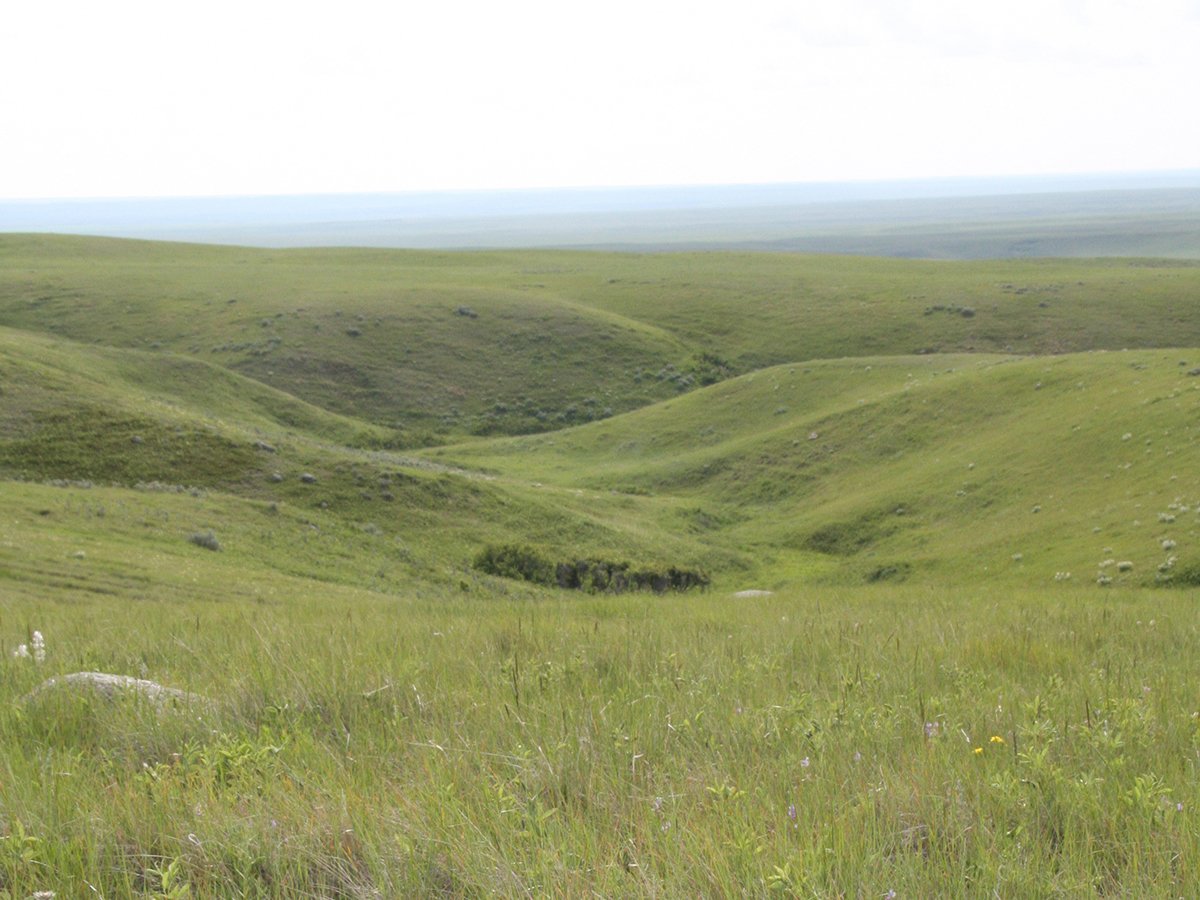Canada and the United States are disappointed by the low level of retaliatory duties they can impose against the European Union for its refusal to accept North American beef.
The Canadian list of European products earmarked for retaliatory duty should be released soon.
“The package is to benefit the meat sector since it has been affected by this ban,” said Elizabeth Reid, of the department of foreign affairs, international trade.
The Americans released their list of $173 million worth of duties this week. Canada can impose duties on $16.7 million of European products.
Read Also

Alberta irrigation project on grasslands approved
Environmental concerns raised by Alberta conservation groups over irrigation expansion project within rural municipality
Compensation was discussed but it appears unlikely Europe would make an acceptable offer, said Dennis Laycraft of the Canadian Cattlemen’s Association.
The allowable retaliatory duties are not nearly high enough, he said, but the World Trade Organization arbitrators’ decision is binding and cannot be appealed.
“It is pretty evident our capacity to export since 1988 has increased substantially. We exported $2.7 billion worth of beef and cattle last year so it suggests we could export $75 million to them,” said Laycraft.
He hopes the combined duties will have a substantial impact on Europe.
Billions at stake
Canada and the U.S. want to sell into an affluent market of 350 million European consumers who have never had access to North American beef. Laycraft estimates the market is worth $1 billion.
Very little North American beef moved into Europe even before controversy over hormones and food safety erupted 10 years ago.
“It’s been like a fortress to try and penetrate Europe,” said Laycraft.
The EU’s behavior defies the strength of the WTO, said a representative of the U.S. National Cattlemen’s Beef Association at a July 12 press conference.
“The Europeans continue to be out of compliance, which basically puts a scarlet letter on their shoulder going into the new round,” said Chandler Keys, NCBA vice-president of public policy.
The issue of non-compliance will be put on the table at the next round of world trade talks starting Nov. 30 in Seattle, Wash.

















